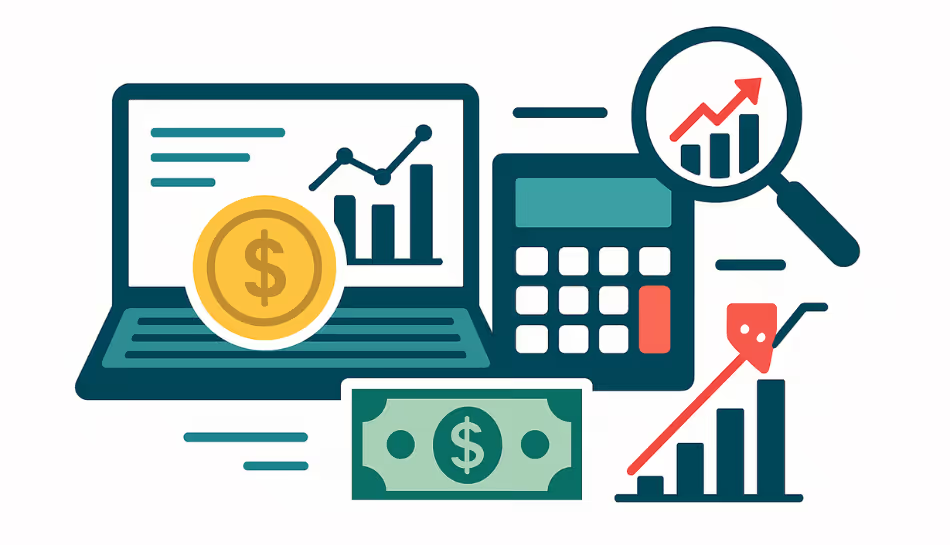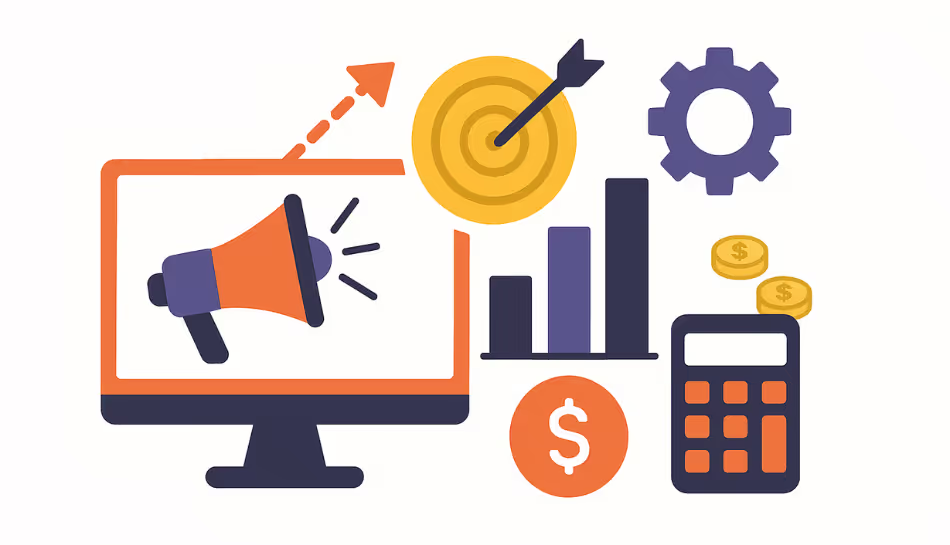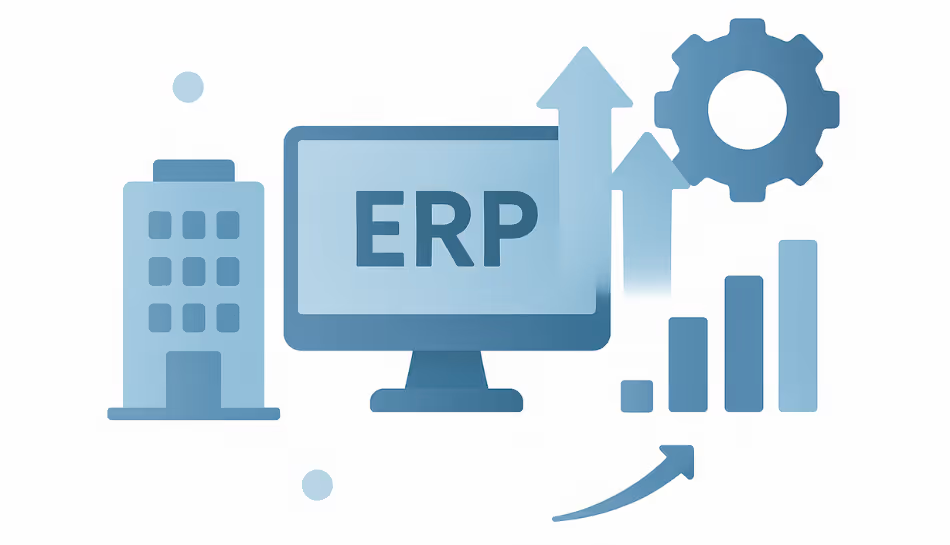
When it comes to running a business, financial accounting isn’t just a backend function, it’s the heartbeat of decision-making. But while most companies understand the need for good accounting, many hesitate when it comes to the cost of accounting software.
So, let’s break it down. What does financial accounting software really cost, and is it worth the investment?
What Influences the Cost of Accounting Software?
There’s no one-size-fits-all answer. The price of accounting software depends on several factors:
- Size of your business (small business or enterprise)
- Features you need (basic bookkeeping vs. advanced financial reports, tax, payroll, automation)
- Deployment model (cloud-based or on-premise)
- Number of users and departments
- Customization and integrations with other systems
Basic cloud-based tools might cost a few thousand rupees per year, while comprehensive financial accounting systems for enterprises can range from ₹1.5 lakh to ₹10 lakh or more annually.
What You’re Paying For
A digital ledger is only one aspect of good accounting software. Here’s what your cost covers:
- Automating repetitious processes such as payroll, reconciliations, and invoicing
- Real-time financial visibility for faster, smarter decisions
- Compliance and tax readiness, including GST or local tax rules
- Scalability, so your system grows with your business
- Data security and user access controls
The Real Question: What’s the ROI?
You’re not just spending on a tool, you’re investing in efficiency, accuracy, and control. Here's how the return often looks:
- Reduced manual errors and financial penalties
- Saved hours per week by automating calculations, reports, and processes
- Better cash flow visibility, which means fewer surprises
- Stronger audit trails for lenders and investors
- Quicker financial closures that help you act faster
In short, the cost of accounting software often pays for itself by saving time, reducing risk, and helping businesses make better financial decisions.
Final Thoughts
Yes, there’s a price tag attached to financial accounting software. But compared to the hidden costs of mismanaged finances, delayed reporting, or compliance errors, it’s a small price to pay.
Whether you’re a small business owner or managing a growing enterprise, investing in the right accounting software can turn a routine function into a strategic advantage.
Need help estimating the cost for your business? Let’s break it down together.

